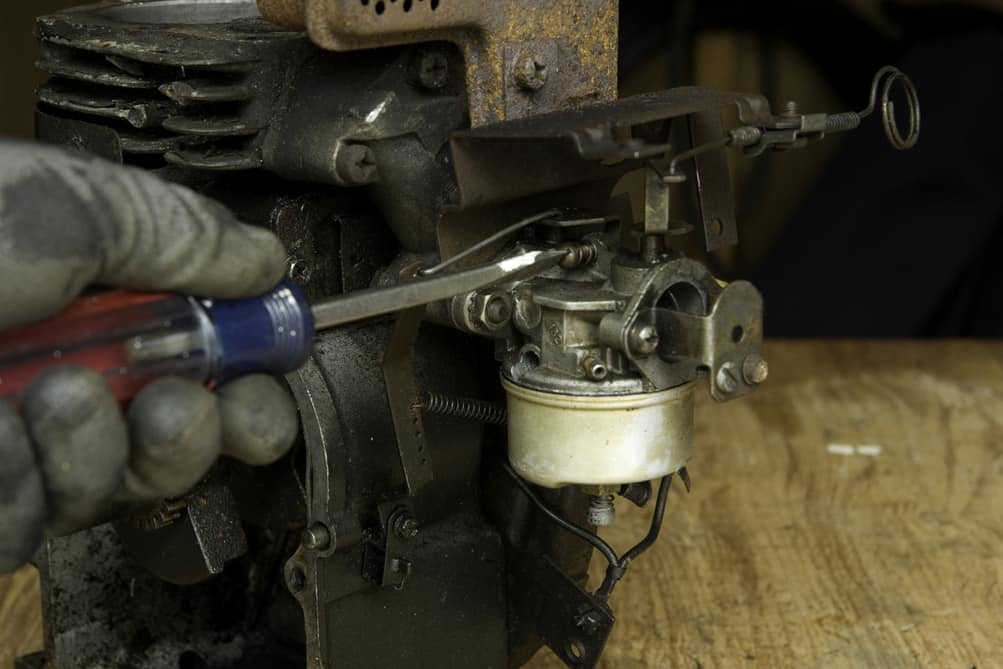Maintaining your portable generator is crucial for ensuring reliable performance when needed. A well-maintained generator can provide decades of dependable service, while neglected units often fail during critical moments. Understanding generator wattage and sizing is just the first step – proper maintenance ensures your investment continues to deliver when called upon.
This guide will walk you through essential maintenance procedures and best practices to maximize your generator’s lifespan and reliability.
Regular Operation Schedule
Regular exercise is vital for generator health, yet many owners overlook this crucial aspect of maintenance. Running your unit for at least 30 minutes every 30-90 days serves multiple purposes beyond simple operation verification. This practice prevents fuel system issues, keeps internal components properly lubricated, and helps identify potential problems before they become serious failures.
During these test runs, the generator must be operated under load conditions that simulate real-world usage. This approach helps prevent wet stacking and ensures all systems function properly under stress. Proper ventilation during testing is crucial, as is monitoring for any unusual sounds, vibrations, or operating behaviors that might indicate developing issues.
Fuel System Care
The fuel system requires particular attention as it’s often the source of many common generator problems. Clean, fresh fuel is essential for reliable operation. Modern fuel formulations can begin to degrade in as little as 30 days, making fuel management a critical maintenance task. Always use high-quality fuel and add a stabilizer when the generator will sit idle for extended periods.
Fuel line maintenance deserves special attention in your maintenance routine. Regular inspection of fuel lines can prevent many situations where your generator won’t start when needed most. Look for signs of cracking, softening, or hardening in the fuel lines, and check all connections for security and proper sealing. Even small fuel leaks can create hazardous conditions and impact performance.
Oil Maintenance
Oil maintenance represents one of the most critical aspects of generator care. Fresh, clean oil ensures proper engine lubrication and cooling while also helping to prevent internal corrosion. The initial oil change after the first 25 hours of operation is particularly crucial as it removes any metal particles and debris from the break-in period. Subsequent changes should occur every 50 hours of operation or annually, whichever comes first.
Oil quality checks should become part of your pre-start routine. Examine the oil’s color and consistency – dark, dirty oil or oil that appears milky indicates potential problems that require immediate attention. The proper oil level must be maintained to ensure adequate engine protection and optimal performance.
Air System Care
The air system plays a vital role in generator performance and efficiency. A clean air filter ensures proper fuel mixture and prevents abrasive particles from entering the engine. Regular inspection and maintenance of the air filter system can significantly impact your generator’s fuel efficiency, as demonstrated in comprehensive DuroMax generator studies.
Spark plug maintenance goes hand in hand with air system care. These components need regular inspection and occasional replacement to maintain optimal performance. A properly functioning spark plug ensures efficient fuel combustion and easy starting. Check the spark plug gap and condition quarterly and replace the plug annually or after 100 hours of operation.
Electrical System Maintenance
Understanding battery capacity and maintenance requirements is crucial for generators with electric start systems. Battery terminals should be kept clean and corrosion-free, and all connections should remain tight and secure. Regular testing of the charging system ensures the battery maintains proper voltage during operation.
The generator’s output system requires regular verification to ensure it’s producing the correct voltage and frequency. This includes checking all receptacles for damage or corrosion and testing ground fault protection systems. Regular portable generator troubleshooting of the electrical system can prevent many common issues before they become serious problems.
Storage and Protection
Proper storage significantly impacts generator longevity and reliability. Many owners wonder if a generator can get wet during storage. While generators are designed to withstand some exposure to the elements, prolonged exposure to moisture can cause significant damage. Store your generator in a clean, dry location with appropriate protection from the elements.
Before long-term storage, take steps to prevent internal corrosion and fuel system issues. This includes running the engine dry or adding fuel stabilizer, changing the oil, and ensuring all external surfaces are clean and protected. For emergency preparation, ensure your generator remains easily accessible while protected from environmental factors.
Safety and Preventive Maintenance
Safety maintenance should never be compromised. Regular testing of carbon monoxide detectors, verification of ground fault protection systems, and inspection of all safety switches and controls are essential. Document all maintenance activities and safety checks in a dedicated log to track service history and identify potential patterns in performance or issues.
Develop and follow a comprehensive maintenance schedule that includes daily, monthly, quarterly, and annual tasks. This proactive approach to maintenance helps prevent unexpected failures and ensures your generator remains ready for service when needed. Regular inspection and maintenance of all systems, combined with proper documentation and attention to detail, will maximize your generator’s reliability and longevity.
Conclusion
Following these comprehensive maintenance guidelines and detailed service records can significantly extend your generator’s lifespan and ensure its reliability during emergencies. Remember that prevention is always less expensive and less stressful than emergency repairs, especially when you need your generator most.

Leave a Reply